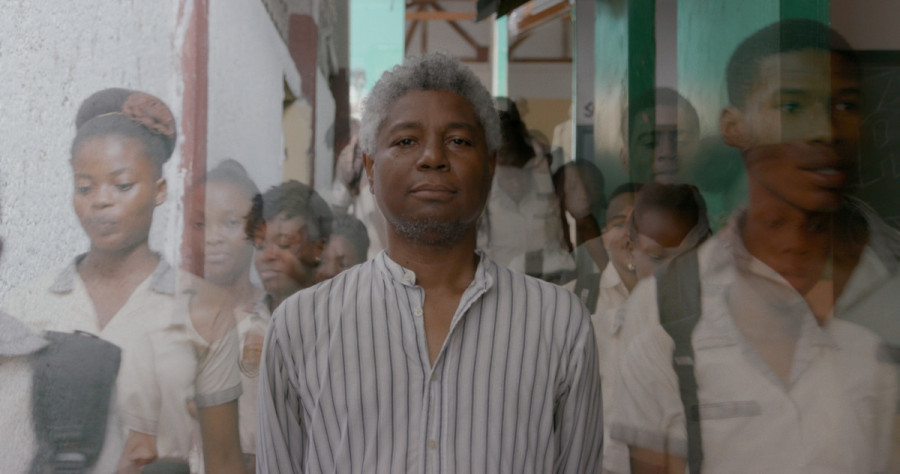National Film Board presents free film collection for Black History Month
NFB showcases the works of 26 Black Canadian filmmakers, including Will Prosper’s ‘Kenbe La, Until we Win’
In light of Black History Month, the National Film Board launched Focus on Black filmmakers, a free collection of 26 movies celebrating Black directors across Canada.
Throughout the month of February, all movies can be streamed online from the NFB website.
Five of the selected films were made by Quebec filmmakers Will Prosper, Gentille M. Assih, Valérie Bah, Michèle Stephenson, and Nadine Valcin.
The film collection honours the Black legacy and empowers the richness of Black artistic expression across the country. It showcases Black storytelling through documentaries, fiction, and animated films.
"We have to bring to light talents, give a voice to directors from [diverse backgrounds], and uplift stories they want to tell," said Nathalie Cloutier, NFB executive producer.
The NFB plays a vital role in contributing to cultural representation and diversifying cultural heritage, explained Cloutier. “It is the role of the producer to receive and be aware, to allow creators who can express these new realities to do so," she said.
Read more: Massimadi Festival celebrates Black filmmakers and their stories

One of the Quebec films featured in the collection is Kenbe La, Until we Win, directed by Will Prosper. The filmmaker mentioned how Black history month gives the community a chance to brighten its work of arts and commemorate Black experiences.
Kenbe La, Until we Win is a documentary that navigates the reality of Alain Philoctète, who flew from Haiti to Quebec under Duvalier’s dictatorship. Prosper follows Philoctète on his way back home to Haiti after several years, where he reconnects with his roots. The film follows his story when he was about to develop a permaculture program in his hometown, but had to fly back to Montreal to get treatment due to cancer complications.
Prosper wanted to showcase the story of a modest man. "It is uncommon that we see a movie with someone we don't know," he said. Usually, Black characters in movies must be champions, out of the ordinary, explained Prosper.

“When we discover [Philoctète], yet unknown, we recognize ourselves. We see something that we would like to become as an individual and as a society,” he said.
Jenny Salgado, a native from Haiti, composed the film's music soundtrack in which she revisits Haitian traditional rhythms. Her compositions were meant to reflect Philoctète’s contrasted realities; attachment to his roots and his loneliness, Montreal and Haiti, and health and illness.
"The Kenbe La experience forced me to revisit my musical roots; the music I have been listening to since my childhood, the music I heard in Haiti, the music that played at my grandmother's house, and at my parents' house," she said.
Both Prosper and Salgado joined forces to ensure future generations of artists are more diverse. "There is a double standard for artists from minorities to carry the identity of 'us’ continually," said Salgado. "You never get the chance to evolve as an artist individually."
“There is a double standard for artists from minorities to carry the identity of ‘us’ continually.” — Jenny Salgado
It is a privilege to be free of battles and openly discuss arts and inspirations, explained Prosper. He is asked repeatedly about systemic racism, cultural heritage, and diversity, while white artists do not have to elaborate about such issues. "Directors like [Denis] Villeneuve or [Xavier] Dolan do not discuss such questions," he continued.
Kenbe La, Until we Win firstly tells the story of a compassionate man filled with goodness and strength. “The central message of films we make with creators of [diverse backgrounds] must focus on the story they tell and on their cinema, not only about the fact that they come from diversity," said Cloutier.
The National Film Board offers multiple online activities until the end of the month, from film screenings to Black community study guides. NFB Education presents an online study guide that explores a variety of themes associated with Canadian Black history; intersectionality, resistance, anti-racism, and activism. It raises awareness toward a more inclusive society.
“It is a long-term investment to brighten all of what Black communities bring to society,” said Prosper.







